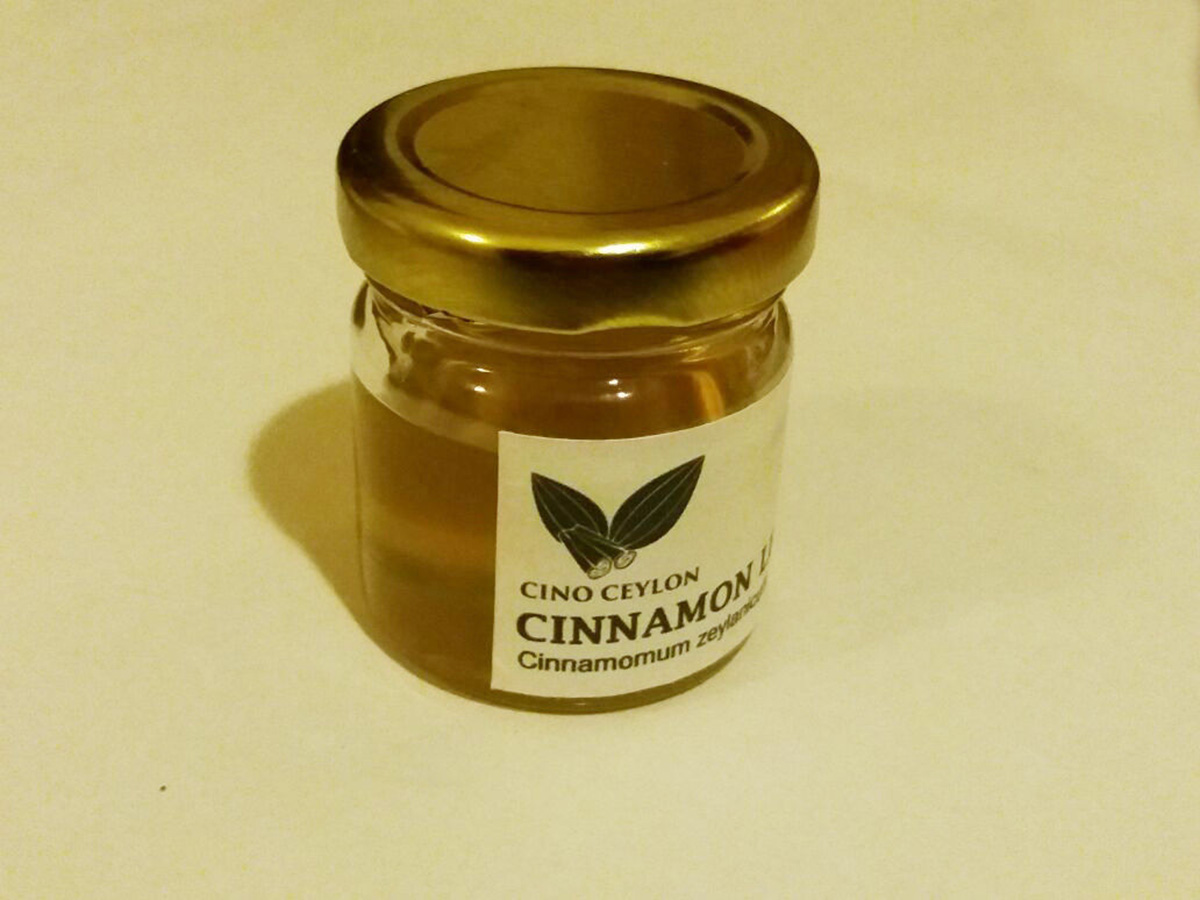
Gum infection
Gum or gingiva is firm fibrous tissue that adheres to the teeth and to the bone of the jaw, thus keeping the teeth in place. Healthy gums are at least one millimeter thick and should have a good blood supply. Gums slightly decrease with age and expose more surface of the tooth to the surroundings. Retraction of gums that happens with age stimulates bacterial growth and appearance of infections - conditions where viruses or bacteria invade and grow in the tissue, thus damaging it.
Gum infection leads to destruction of the tissue surrounding the teeth. Gum infection and gum inflammations (red, swollen, bleeding gums) go hand in hand. Typical cause of the inflammation is gingivitis, condition where infection has not caught the bone under the gums.
Bad breath is also related to gum infection - bacteria that live on the surface of tongue and throat digest proteins from blood and diseased tissue, which releases sulfur and causes foul breath.However, gum infections can be caused by many reasons and may lead to problems far worse than bad breath and swollen, bleeding gums. A dentist should be contacted as soon as a problem with gums becomes apparent, in order to examine you and determine cause of infection and recommend treatment.
Home remedies
There are readily available substances that you can use to either prevent development of gum disease or to treat an ongoing gum infection in early stages. Clove and cinnamon oils, prepared by mixing equal amounts of clove (or cinnamon) with vegetable oil and leaving it in a jar for several weeks, are excellent remedies for toothache. Products made from essential oils can also cure gingivitis. Gargling twice a day with homemade saline solution (a teaspoon of salt mixed in a glass of lukewarm water) creates conditions that bacteria in the mouth cannot tolerate.
Before bacteria can form plaque and erode the tooth channel, they need to stick to the tooth. Oleanolic acid is effective prevention measure against sticking of bacteria such as Streptococcus mutans on the tooth surface. Regular brushing also helps to remove present bacteria from teeth and gums as well as to brush off food remains on which bacteria can feed.
Gum massage improves circulation and can be done with a rubber, a rubber gum stimulator, or even with index finger and thumb. Nutrients found in apples act beneficially on gum health. It suffices to eat apples regularly to help fight gum infections.
Also, avoid sugar and all made with sugar, as sugar is made of a carbohydrate known as sucrose. It creates adequate environment for sticking of bacteria and plaque onset. Carbohydrates such as fructose and glucose, found in fruits and honey, are not dangerous.


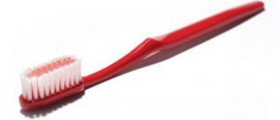
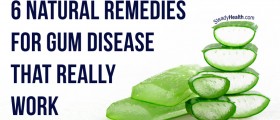
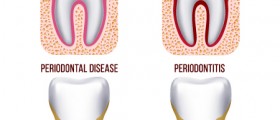


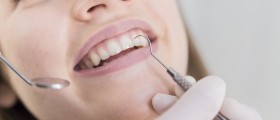

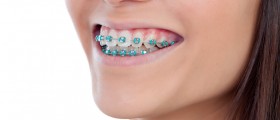
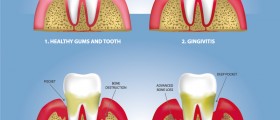
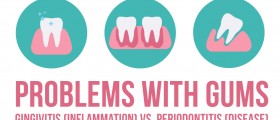
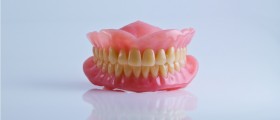
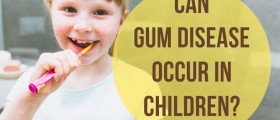
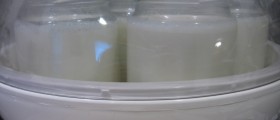
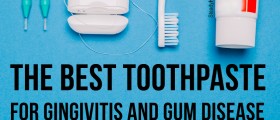
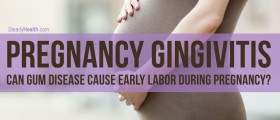
Your thoughts on this
Loading...